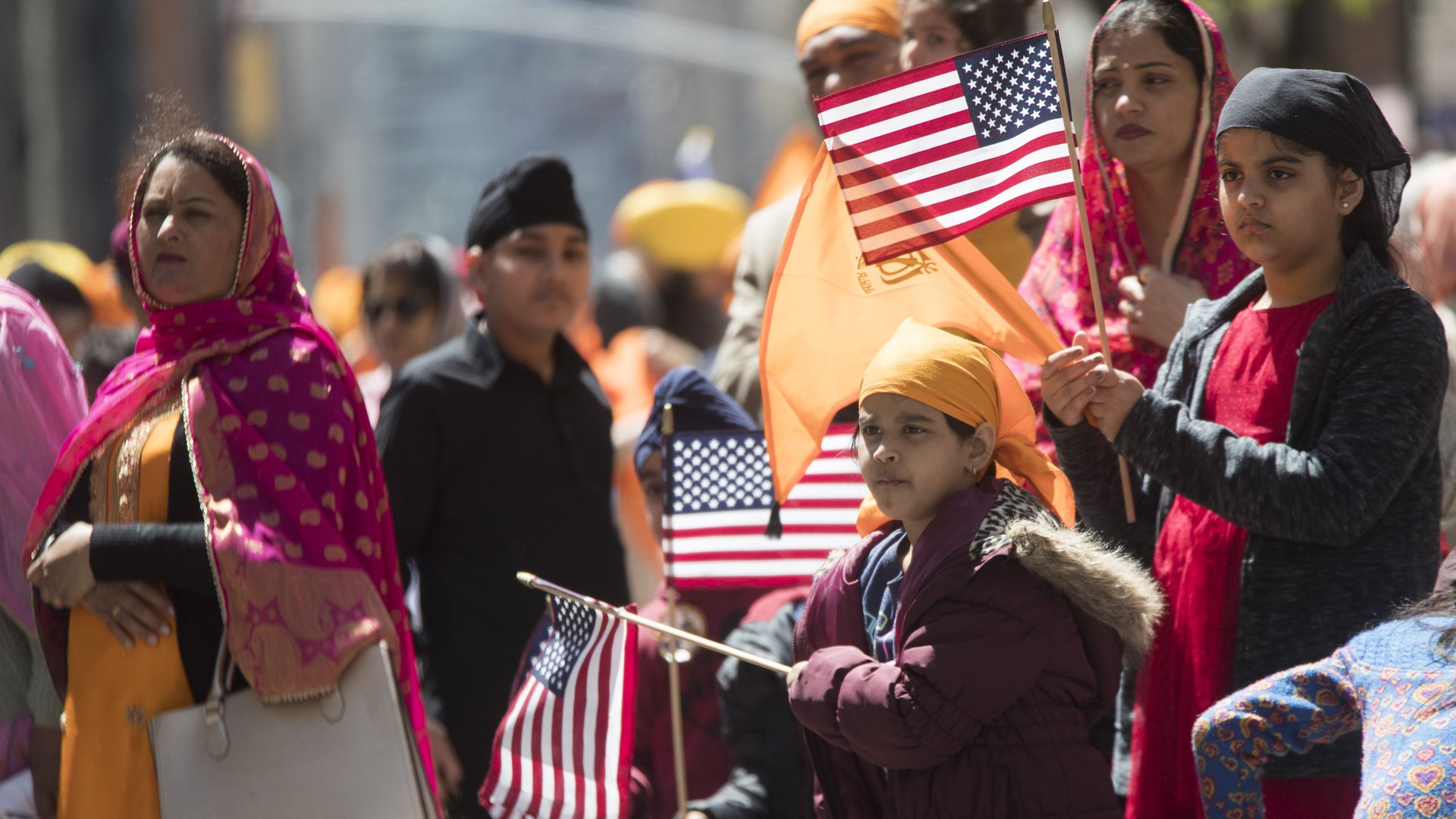Where do international students who have always called America home go now?
Here’s a question for the Donald Trump administration: How do you send student visa-holders “back home” if their home is America?


Here’s a question for the Donald Trump administration: How do you send student visa-holders “back home” if their home is America?
Children of those on H-1B in the US have to forego their H-4 dependent visa once they turn 21, and often switch to F-1 or M-1 student visas to continue living with their parents in the US.
But the Trump administration’s recent decision to disallow students whose course load has moved online amid the Covid-19 pandemic to avail these visas has put such students in a spot.
“This news has a dark and potentially devastating consequence for families living in the US,” said Laura Rettie, vice president of global communications at education consultancy Studee, said. “These students are likely to have grown up in the US and are unlikely to have anywhere or any family to return to if deported.”
Nearly 40,000 kids of Indian-origin are currently on H-4—all of whom would move F-1 or M-1 student visas to avoid deportation and complete their education when they age out. Some of them are starting or attending college this year.
No other options
In the near-term, younger students can continue studying in the US by switching back to the H-4 if all their classes have moved online, said Anna Stepanova, assistant managing attorney at Maryland-based Murthy Law Firm.
However, this is not a long-term fix.
H-4 children switch to F-1 visas despite the massive price of switching the status—the fee is more than double the in-state tuition and restricts them from accessing federal grants, scholarships, or even federal student loans—in order to enjoy the perks. The F-1 status allows them to apply to be a teacher’s assistant or research assistant in schools, or pursue internships and work under the Curriculum Practical Training (CPT) and Optional Practical Training (OPT) programmes. None of this is permitted on the H-4.
These opportunities will once again be off the table if their university moves to online-only instruction.
“Thankfully, we are seeing that individual professors in some universities are coming forward to offer face to face independent studies which are often self-driven custom courses,” said Venkatram Reddy Ravi, president of Illinois Immigration Forum. But he does acknowledge that these options are few and far between.
The only other option? “They should move to a college that offers in-person classes and protect their F-1 status,” said Poorvi Chothani, managing partner at immigration law firm LawQuest. This is especially important since getting employment authorisation as an H-4 visa-holder is incredibly tough.
Beyond the technicalities, the emotional upheaval is massive, too. For children who moved at a young age, growing up in America already causes huge cognitive dissonance since they can’t live fully American lives. Then, sending them back to a country like India, which they have no roots in, is another level of discord.
“Authorities need to look at each student on a case by case basis,” said Studee’s Rettie. “The announcement seems incredibly short-sighted for a multitude of reasons but the thought of families being torn apart is surely the most abhorrent of them all.”